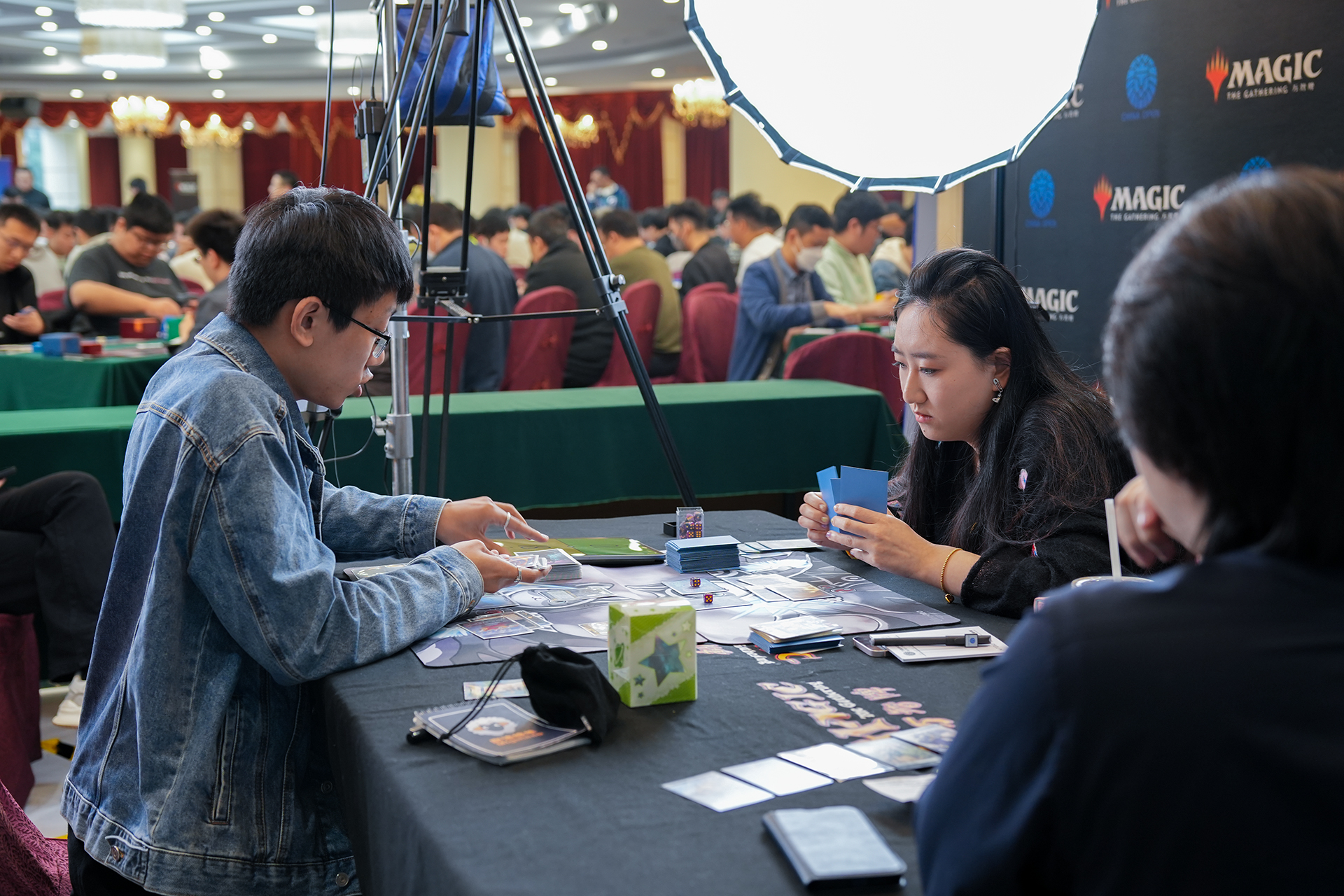As news spread about a second wave of Covid-19 in Beijing, residents in the city’s Daxing and Chaoyang Districts began to receive text messages from official city committees who were using cell phone data to track their whereabouts.
The texts told residents they had traveled near Xinfadi Market, the confirmed epicenter of the new outbreak, and should quarantine themselves for 14 days. The text also included a link to a contact tracing form, which, if not filled out truthfully, would warrant “legal responsibility.”
Related:
 Into the Black Mirror: The Truth Behind China’s Social Credit SystemIs China’s Social Credit System a dystopian rating program for all citizens, or something less sinister?Article Jan 21, 2019
Into the Black Mirror: The Truth Behind China’s Social Credit SystemIs China’s Social Credit System a dystopian rating program for all citizens, or something less sinister?Article Jan 21, 2019
City authorities confirmed that they are using cell phone data to track residents in relation to the Xinfadi outbreak. Mobile data was previously used to track movement of people between cities, but this is the first time we’ve seen it used on a micro scale within a city.
Xinfadi, the city’s largest outdoor market, was the source of Beijing’s first coronavirus cases in 50 days. After 45 people tested positive, surrounding neighborhoods have re-entered lockdown and increased testing. As the number of confirmed cases continues to rise in the US and worldwide, it remains to be seen if Beijing’s intrusive tracking and containment measures are ultimately successful in stopping the spread.
Related:
 “Beijing Bikini” is Banned in China’s Capital City in Wake of CoronavirusThe Beijing government is cracking down on all “uncivilized behavior.” Is this goodbye forever for the Beijing bikini?Article Apr 28, 2020
“Beijing Bikini” is Banned in China’s Capital City in Wake of CoronavirusThe Beijing government is cracking down on all “uncivilized behavior.” Is this goodbye forever for the Beijing bikini?Article Apr 28, 2020
Some residents received phone calls telling them to quarantine themselves and get tested based on their recent travels. According to a first-person account on 8 O’Clock News, an official told a resident, “If you pass near Xinfadi, stay there, or open an app, you will be captured by big data and recorded.”


















